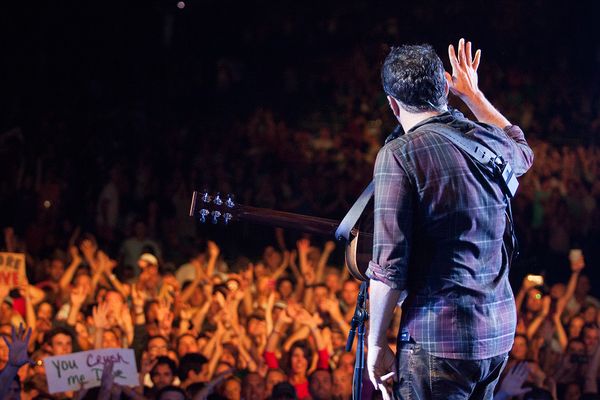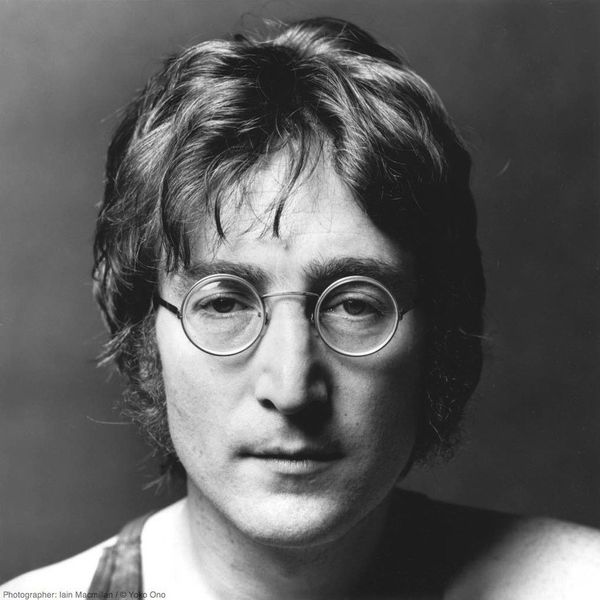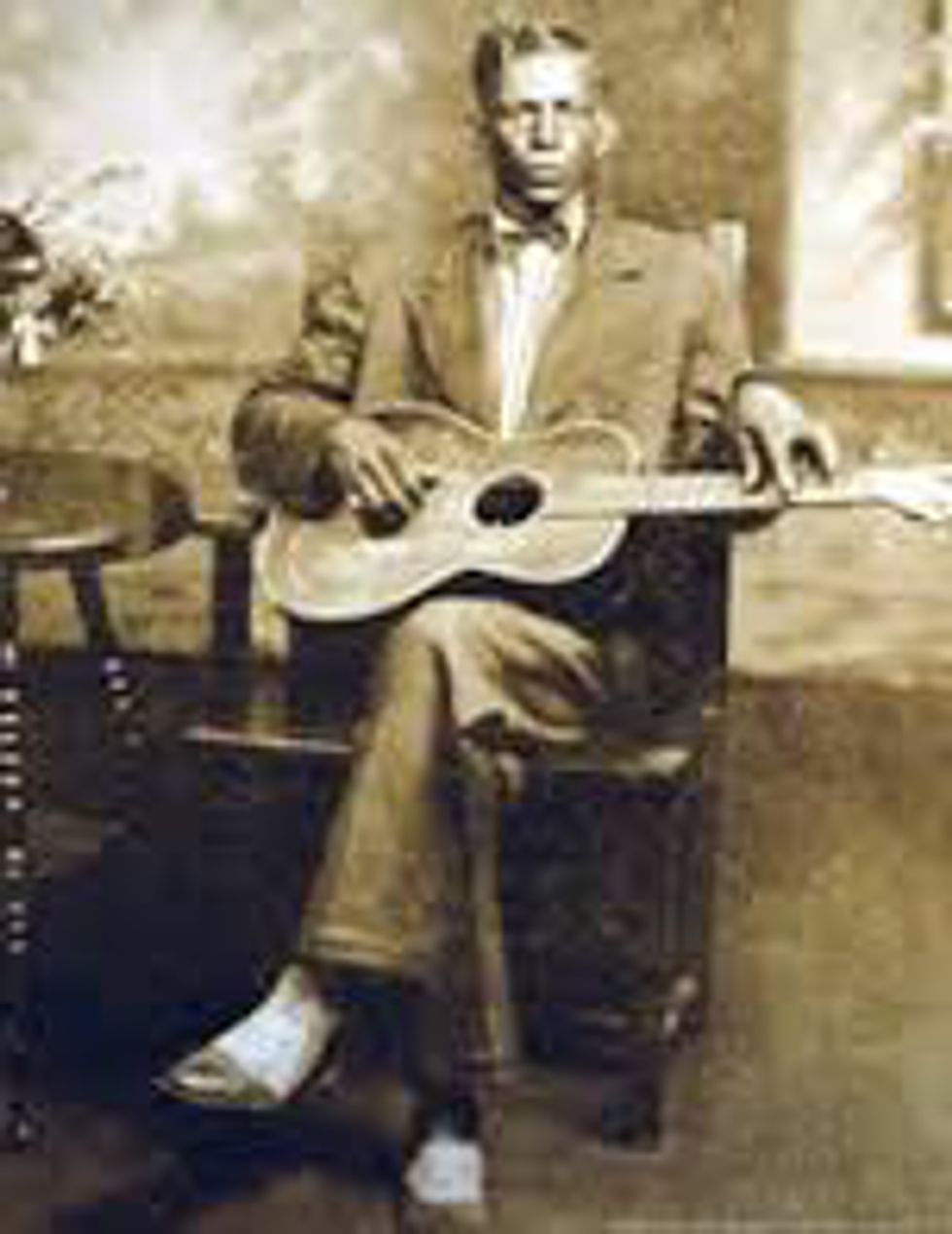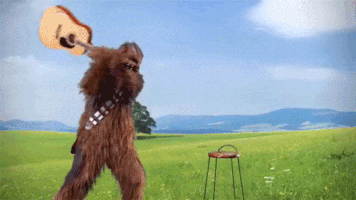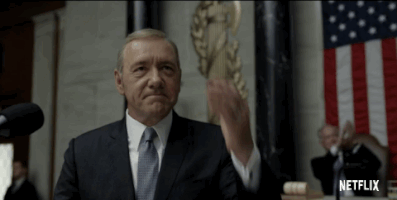Okay, so I know a lot of people probably aren't interested in old blues music. However, I am and I especially admire the lesser known and more obscure blues artists. They often have fun gimmicks and awesome attributes about themselves that make them different from other artists, such as Howlin' Wolf and his gravely voice, Big Joe Williams and his nine string guitar, or Justin Bieber and TP'ing houses. Okay he's not a blues musician, but you have to admit, that's a catchy gimmick. One such musician that I think has a truck load of talent that is drastically underrated is named Charley Patton. Yes, his style of music may be deemed somewhat unlistenable by today's standards. What with the next to no budget recording quality and his droning delta voice, but he still accomplishes more in one song than many musicians can accomplish in their entire careers. This article will be my ode to Charley Patton and everything that makes him the number one artist named Charley Patton.
To start things off, Charley Patton was born the son of a former slave. No one really knows who his biological mother is, mostly because history is trying to find someone intense enough to give birth to such a legend. It is assumed she is Native American. No one knows the exact date of when Patton was born, but it is estimated to be sometime in the 1880's or 1890's. I choose to believe he has been around since the beginning of time. That is just an educated guess. Papers were found regarding Patton's draft into World War 1, where it was found he indeed served in the war. Patton was illiterate for his entire life because being such an extreme musician leaves little time for trivial things like reading. Patton picked up the guitar one day as a young man and decided that being a blues artist was his major calling in life and was he ever right. This is where I will explain all of his great and interesting accomplishments, so prepare yourself.
Patton was the first known guitarist to be a true showman on stage. By that, I mean he would play guitar behind his head and between his legs as Jimi Hendrix would become famous for doing nearly 30 years later. He was also known to dance around on stage while playing and did an early form of Chuck Berry's classic duck walk, nearly 20 years before Berry even would become famous. He has a very distinctive and heavy style of acoustic guitar playing that has influenced my guitar method. My favorite technique is his heavy use of slapping the guitar in rhythm while still playing the greatest guitar sounds most people will hear in their lives. He also rarely used standard open chords as those are for the weak willed and ignorant. There are only a handful of songs where he plays with the traditional open chord style. Most of the songs he plays are accomplished with unique guitar tunings. His voice, while certainly an acquired taste, was powerful and versatile. Patton had different voices he would use for different songs, effectively making him a sort of delta blues actor. He didn't win any Oscars, but seeing as he is above the Oscars, that would have been an insult to him.
On top of his multifaceted singing, he also had a voice that could be heard over 500 yards without any sort of microphone. Take that, Ty Pennington from Extreme Makeover: Home Edition and your little megaphone. Patton never had any sort of state of the art recording equipment, but he didn't need it. He only used an old recorder in the back of a furniture store that he used to record his material for a small price. This was in a period from 1929 to 1934, so his greatness has even persevered through poor recording quality. Luckily, he made abysmal recording quality bow to him and ground it up with the cheese grater that was his gravely voice. Charely Patton recorded a myriad of different songs in his five year recording period. Some of my favorite include "Shake it and Break it," a funky (for the 20's) rag about getting a fancy haircut.
His chef d'oeuvre is called "High Water Everywhere Part 1" which, once you decipher the muddy and mumbled lyrics, is a song that chillingly describes the great flood of the delta in 1927 as if it were a demon following the narrator around that just won't go away. Another fire track from the mix tape that is Charley's life, is the trap anthem "Elder Greene's Blues." Charley Patton recorded a myriad of these epic pieces in his five year recording career from 1929 to 1934, when he sadly succumbed to heart disease.
Though his life was initially mourned by no one, not even the local newspaper, his vinyl recordings were initially located and compiled on an album, where musicians everywhere had the opportunity to hear the glory that was Charley Patton. There was only one picture taken of him in his life, probably because there was only one camera on Earth powerful enough to capture his jaw dropping likeness. His legacy eventually grew from the ashes and popular musicians after him felt his influence. These included Bob Dylan, who recorded a tribute song to Patton and said that if he recorded for his own enjoyment, he would record solely Patton's material. Another obvious fan was John Fogerty of the Creedence Clearwater Revivial, who paid to have Patton's gravestone built after it was discovered that he never really had one. Patton really didn't require one though, as his true gravestone was his music and showmanship.
I hope that this article has taught you some things about Charley Patton and maybe you will eventually grow an appreciation or toleration for him. As I mentioned before, his music is a little tough to tolerate at first. I didn't appreciate him for a few months when I heard him. However, I learned to appreciate him, borrowed some of his guitar techniques, and sing some of his songs on occasion. I think it's important to help him live on as long as he can before he dies completely, which will hopefully be a long time.

